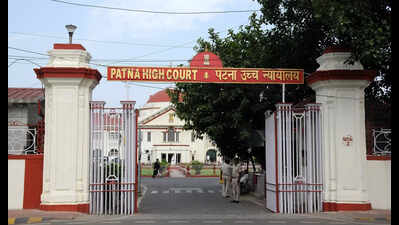ARTICLE AD BOX

Patna: The Patna high court has overturned a family court’s order directing a man to pay Rs 20,000 per month in maintenance to his wife, after finding that she had concealed crucial facts about her earlier divorce and substantial alimony.The woman had suppressed from the family court at Chhapra in Saran that she had already received a sizeable alimony of Rs 40 lakh from her previous marriage. She had also concealed her status as a divorcee in her plea seeking monthly maintenance from her husband.A single bench of justice Bibek Chaudhuri, while allowing the criminal revision application filed by Ravi Prakash Saxena alias Ravi Prakash, set aside the Saran family court’s order and sent the case back to the same court to be heard afresh.Justice Chaudhuri directed the family court to obtain income, asset and liability statements from both parties, as required under the supreme court’s ruling in Rajneesh vs Neha.The judgment, delivered on Sept 4, became publicly available on Monday.Ravi’s counsel, advocate Amit Mallick, submitted that his client had married the woman through a matrimonial website and the marriage was solemnised in a temple in 2020.
However, just three months later, the woman left him and filed a maintenance case in the Saran family court. During the strained relationship, it was alleged, she began seeking another match.On May 24 last year, the family court had directed Ravi to pay monthly maintenance of Rs 20,000 to his wife.Challenging the order, Ravi argued that his wife had been earning substantial interest from the Rs 40 lakh alimony received earlier, but concealed this fact from the court.Justice Chaudhuri, taking strong exception to the concealment, observed, “Supreme court has emphasised for bona fide disclosure of incomes and assets by the litigating couples. In the present case the respondent (wife), though qualified (MSc, language diploma, design courses), claims no income, but she suppressed her prior divorce and Rs 40 lakh alimony in her marriage affidavit. This is a material concealment potentially vitiating her claim for relief of maintenance.
”



.png)
.png)
.png)
















 1 day ago
5
1 day ago
5







 English (US) ·
English (US) ·